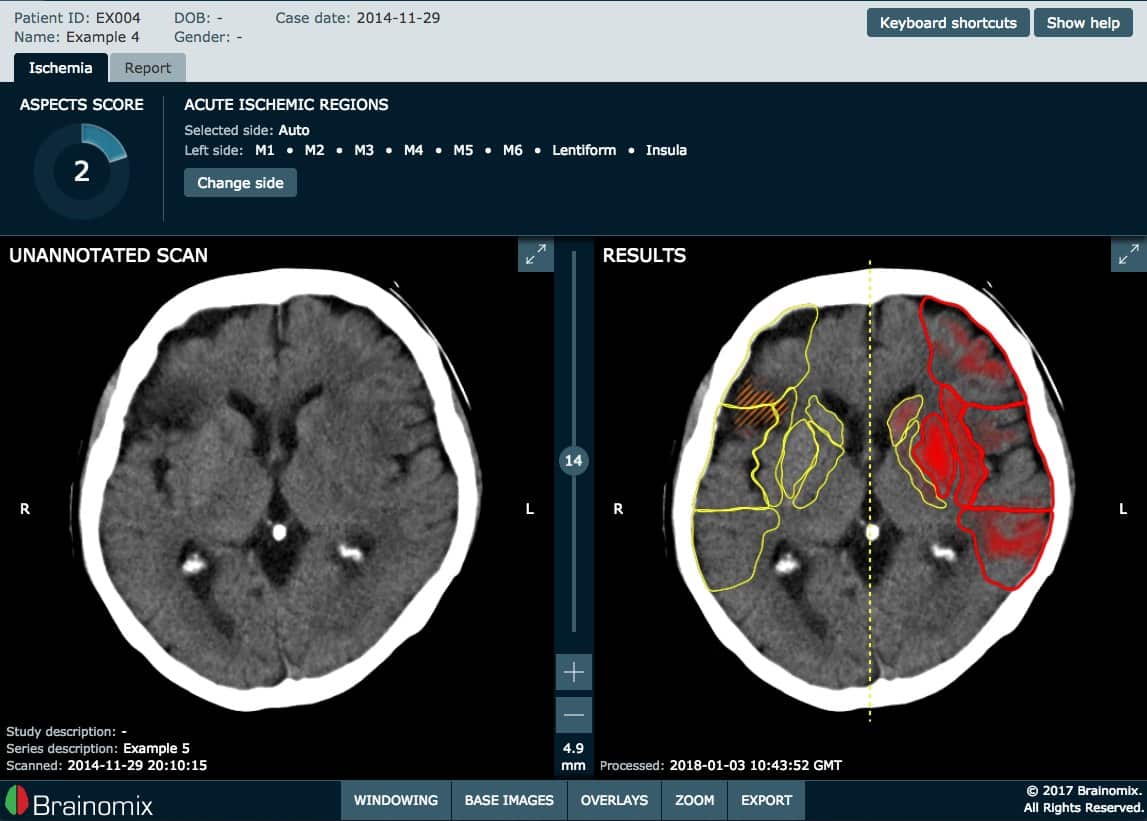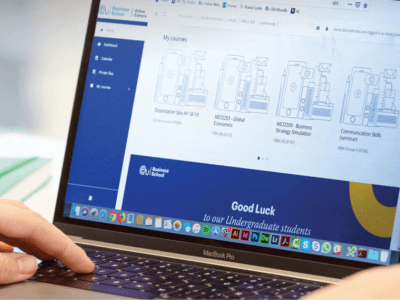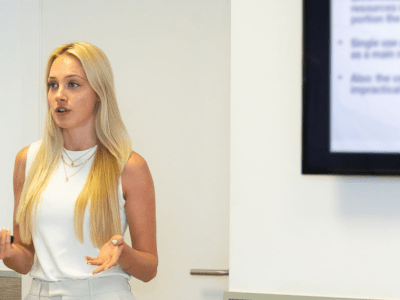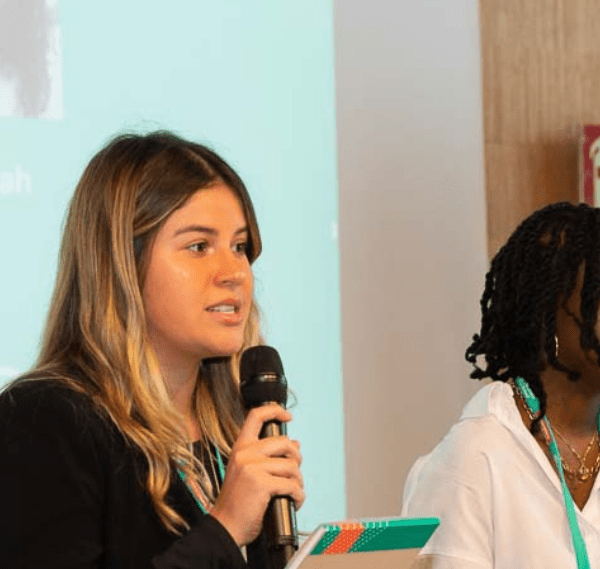Europe is home to roughly 12% of the world’s unicorns (startups that have reached a $1 billion valuation), including N26, Flixbus, Deliveroo and BlaBlaCar. 2020 is expected to be another huge year for the European startup scene, with creative companies disrupting markets and solving problems in a myriad of innovative ways.
Here are three startups to keep your eye on in 2020, in three sectors that are predicted to continue growing throughout the year.
B2B Fintech
European fintech startups received 20% of VC funding, an outsized proportion when compared to other sectors, and a number of these have started to expand internationally.
German challenger bank N26, with more than 3.5 million customers, and UK-based Monzo, with more than 2 million customers, both launched in the US in Summer 2019. These retail solutions are addressing a previously unmet demand for banking services from SMEs, paving the way for future startups.


A new challenger bank to watch is Qonto, founded in 2016 to address what they say is a broken business banking system in Europe. A neobank for SMEs and freelancers, Qonto allows companies to have greater control over their finances by offering a streamlined and modern banking experience. They plan to accelerate growth in 2020 by expanding internationally and becoming a fully licensed bank.
AI Meets Healthcare
Artificial intelligence – from machine learning, deep learning and robotics, to natural language processing – is reinventing modern healthcare, allowing for faster and more accurate diagnoses with higher success rates. One of the world’s highest-growth industries, Accenture forecasts that the AI healthcare market, valuated at around $600 million in 2014, will grow at an incredible annual compound rate of 40%, reaching $6.6 billion by 2021.


UK startup Brainomix leverages artificial intelligence and deep learning algorithms to support the clinical assessment of stroke patient’s CT scans, improving the time it takes to detect neurological and cerebrovascular diseases. Dr Michalis Papadakis, CEO and co-founder of Brainomix, expects to see artificial intelligence and machine learning “become the driving force behind imaging diagnostics.”
Tech for Good
Social and environmental challenges are key drivers for innovation, with startups frequently being established to tackle some of the world’s toughest challenges. 2020 will see even more startups aligning themselves with the UN’s Sustainable Development Goals, including Goal 2: Zero Hunger, Goal 4: Quality Education and Goal 5: Gender Equality. Impact startups, motivated by tackling these global challenges, are spurring ingenuity and developing new sustainable business models.
The UN estimates that 1.3 billion tons of food is lost or wasted each year, which is equivalent to roughly one third of the food produced annually for human consumption. Food waste also contributes about 8% of the total global greenhouse gas emissions.


Mette Lykke, founder of Too Good to Go, created a ‘marketplace for what would normally end up in the bin’ to address these startling food waste statistics. The 17 million users of the Too Good to Go app are connected to restaurants and markets to purchase unsold food – food that would otherwise be thrown in the bin – for a fraction of the price. The Danish app is active in 14 countries already and is expecting to expand to the U.S.A. in 2020.
Harness Your Ambitions
A new generation of founders are entering the European startup scene. The next set of success stories – and possibly unicorns – could emerge from anywhere in the ecosystem. This signals that there are still plenty of opportunities to develop truly disruptive companies.
Do you have an idea for an exciting new venture? Do you want to learn the skills that will enable you to start a successful business? EU Business School offers a range of programs that cultivate entrepreneurship and innovation, including an MBA in Entrepreneurship. Students are taught by a highly qualified faculty which includes entrepreneurs and business leaders as well as academics, and the experiential approach to learning ensures students gain practical, hands-on experience through company visits, case studies and business simulations. Aspiring entrepreneurs are equipped with the skills they need to thrive in the dynamic startup environment.











